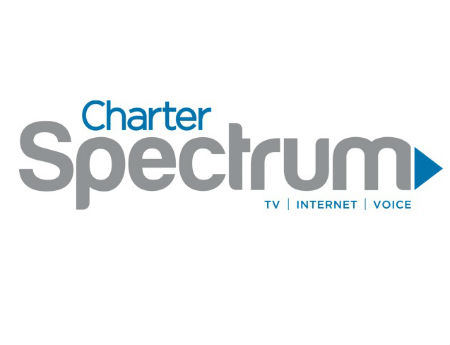Charter Still Weighing MVNO Options
The smarter way to stay on top of the multichannel video marketplace. Sign up below.
You are now subscribed
Your newsletter sign-up was successful

Charter Communications president and CEO Tom Rutledge alluded that wireless will be part of the MSO’s game plan going forward, but stopped short of saying whether that strategy will ultimately include an MVNO component.
Charter expanded into the metro WiFi game by inheriting the networks deployed by Time Warner Cable and Bright House Networks, while also getting access to an MVNO deal with Verizon that was factored into TWC’s and BHN’s sale of wireless spectrum sale to the mobile carrier.
“We have not fully exercised that right yet,” Rutledge said of the MVNO agreement. “We’re looking at what those rights are and how we’ll execute for how we’ll utilize them for the best interest of the company. But we don’t have a plan yet that we’re ready to roll out.”
Earlier in the call Rutledge noted that Charter’s WiFi network combined with “MVNO opportunities” and other wireless building blocks “Should allow us to create products and services with high value proposition…Over time, we'll have more to discuss on this subject.”
Comcast has already invoked its MVNO agreement with Verizon (Comcast also has one with Sprint), but has not yet launched a mobile service under its own brand. However, Comcast has created a new mobile division that is being led by Greg Butz.
Rutledge also offered an update on Charter’s plan to use two-way, VOD-capable set-tops to fuel the completion of all-digital rollouts at the TWC and BHN properties, and to extend its new cloud-powered Spectrum Guide to those markets.
Charter has wrapped up all-digital upgrades in its legacy areas, and expects to get them rolling in TWC and BHN markets. Rutledge estimated that 40% of TWC’s assets are not all-digital, and about half of BHN’s properties have not yet gone all-digital, and that the upgrades should be completed by 2018.
The smarter way to stay on top of the multichannel video marketplace. Sign up below.
As for Spectrum Guide, which can be offered on Charter’s full suite of set-top boxes, the MSO expects to have it rolled out to most legacy Charter markets by the end of 2017. It will follow with rollouts in TWC’s larger markets by mid-2017, and hit other TWC and BHN areas throughout the year and through 2018 as the all-digital project is completed.
Charter, Rutledge said, has also begun an “insourcing” effort for the newly combined company, noting that the process will take “several years” and require the hiring and training of 20,000 people.
As an example of progress, Rutledge said Charter has built its first Spanish-language call center in Texas, which will house approximately 600 seats.
“Ultimately, with a more local workforce, we'll perform higher-quality transactions with customers , which we expect will improve customer satisfaction,” Rutledge said.
